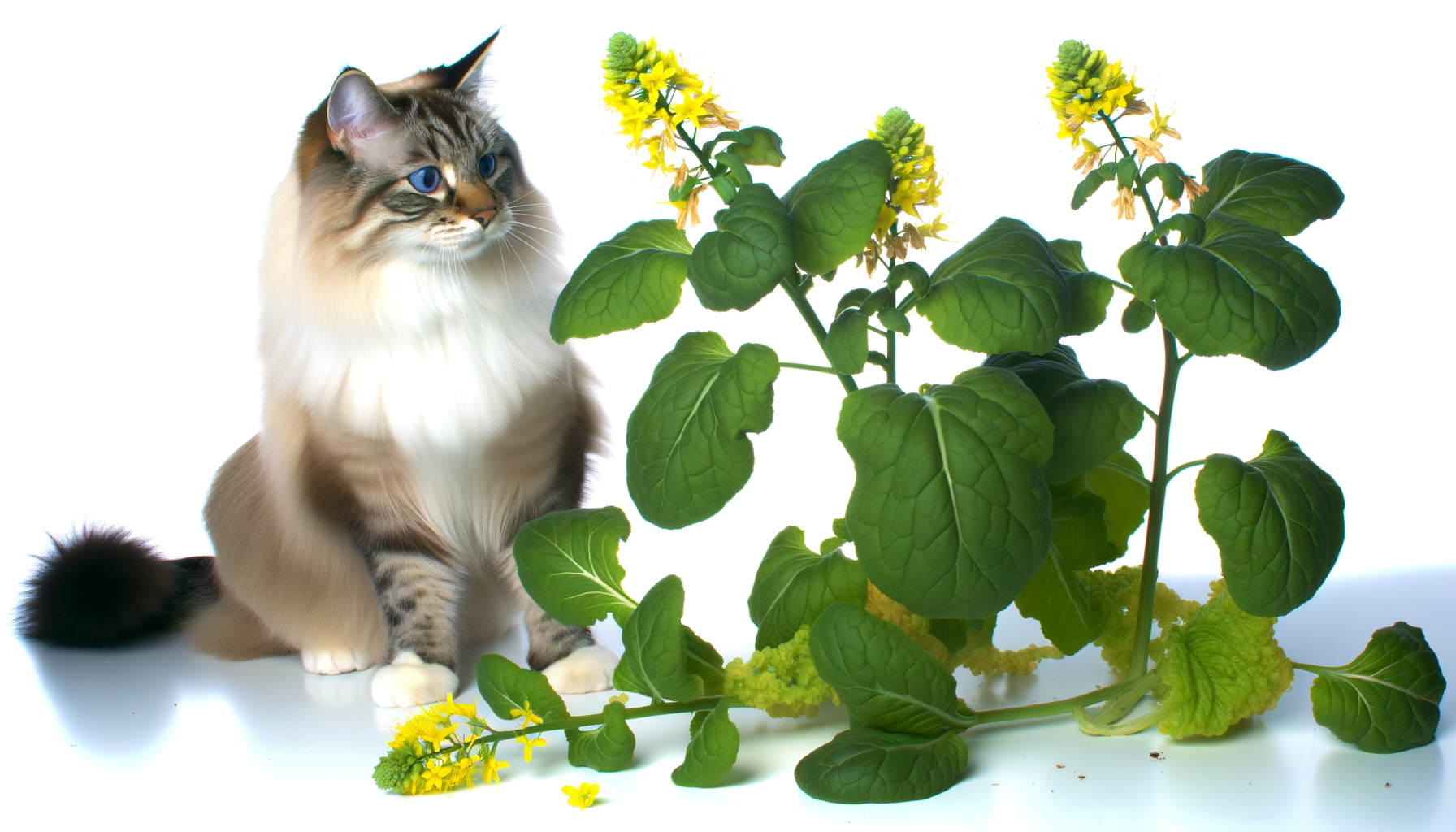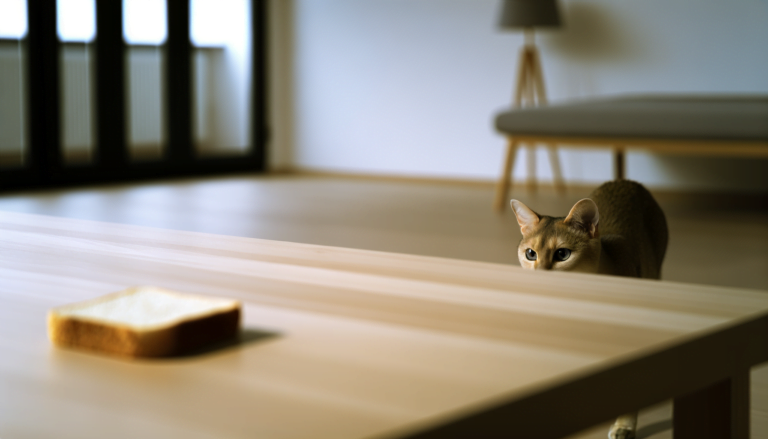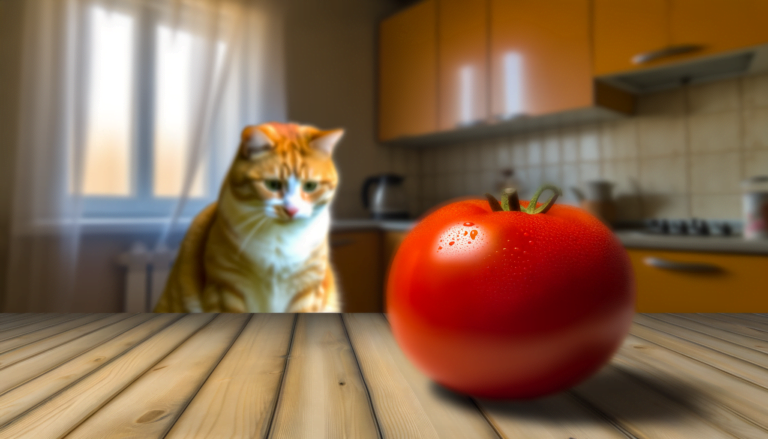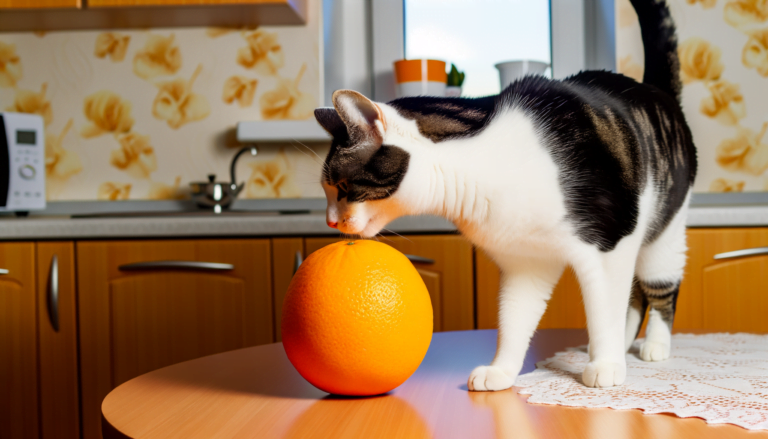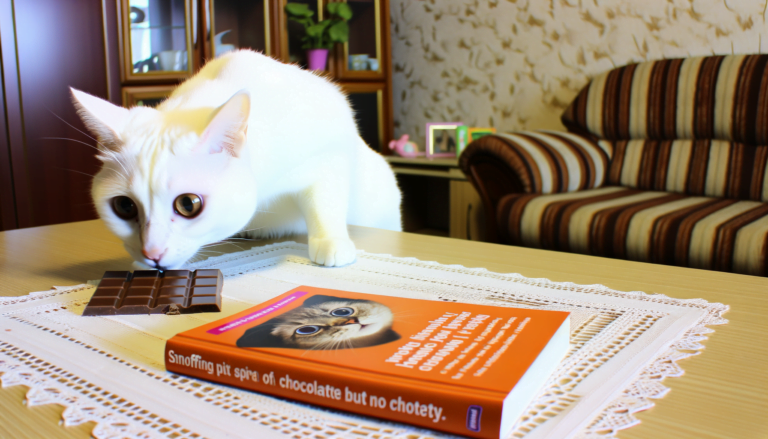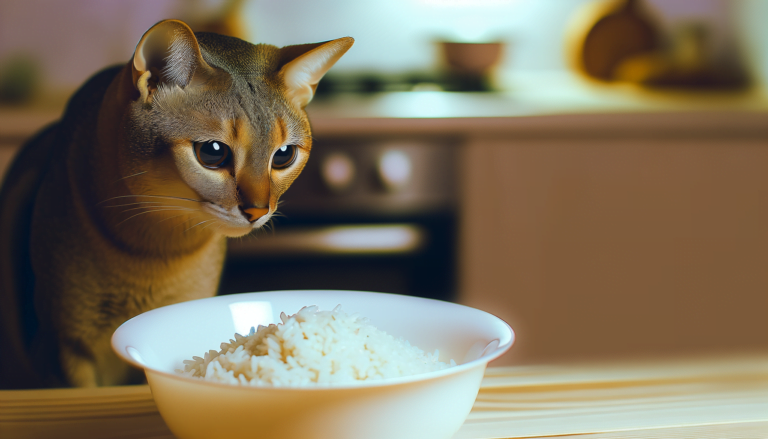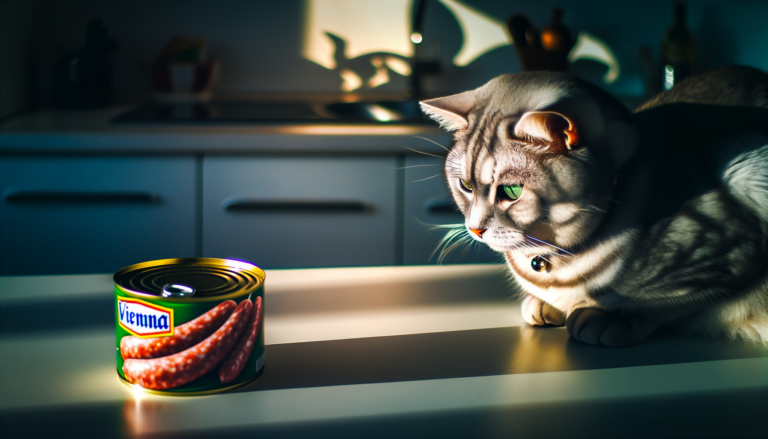Unveiling the Truth: Can Cats Safely Consume Mustard?
No, cats should not eat mustard. Mustard plants and seeds contain a compound called isothiocyanates, which can be toxic to cats. Isothiocyanates can lead to vomiting and diarrhea, harm the digestive system, and in severe cases, cause damage to red blood cells. As a rule, it’s best to keep your furry friend’s diet as consistent as possible, focusing on high-quality cat food and avoiding human food, especially those known to be potentially harmful such as mustard. If your cat accidentally consumes some mustard and shows signs of distress, it’s crucial to seek veterinary assistance immediately.
Potential Risks and Symptoms of Mustard Ingestion in Cats
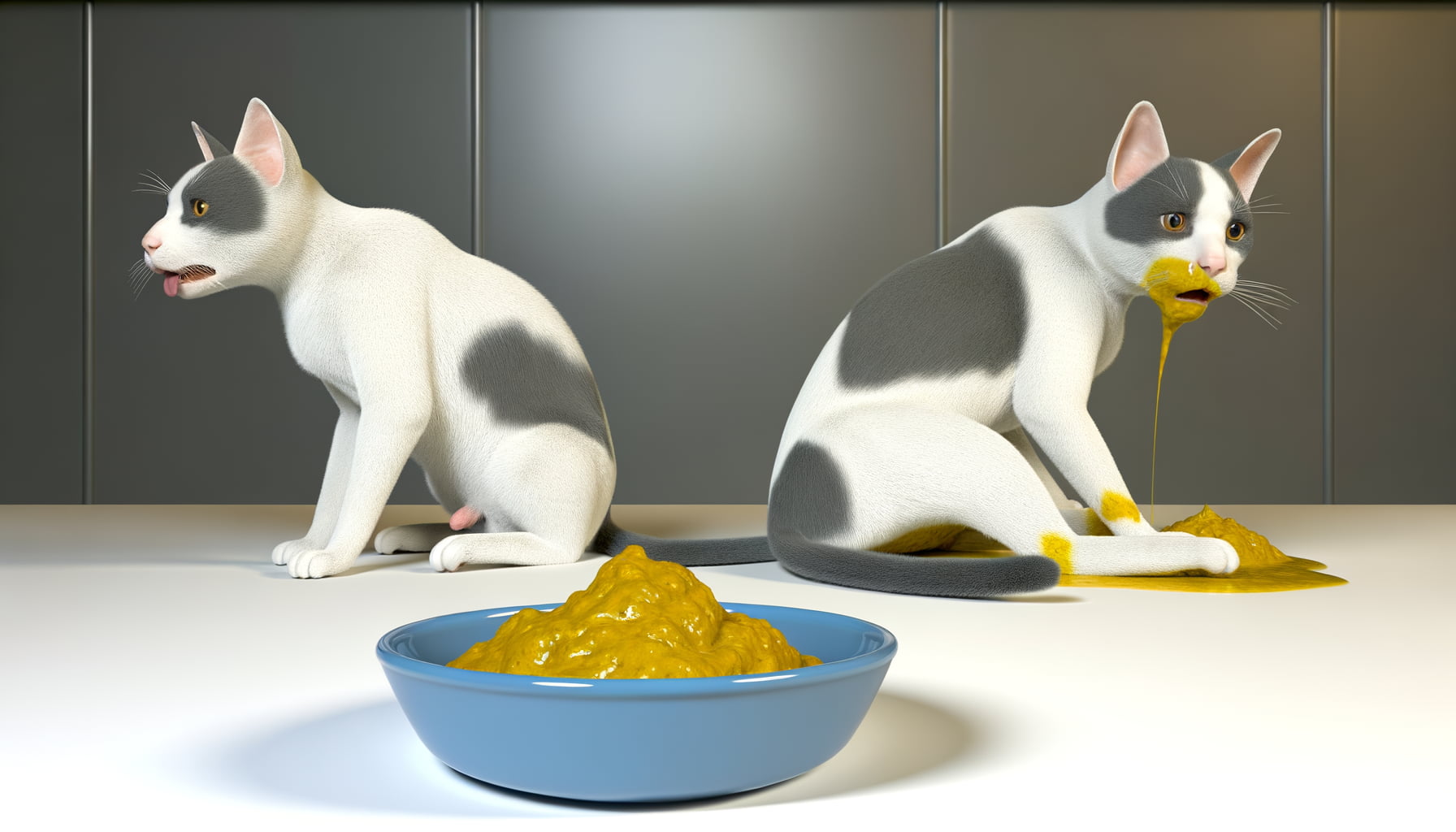
Cats consuming mustard can result in possible risks due to significant deviations from their natural dietary needs. The hazardous compounds in mustard, primarily the glucosinolates, can instigate negative reactions.
Upon ingestion, these substances are metabolically transformed into isothiocyanates, compounds known to cause gastrointestinal disturbance in small animals. This response manifests in a variety of symptoms, such as vomiting, sluggishness, or loss of appetite, which serve as vital alarm bells for pet owners.
In severe cases, induced diarrhea or excessive salivation may appear indicating a more serious health issue. Notably, mustard-related complications are treatable when detected early. Therefore, cat guardians need to be attentive and act swiftly if their feline friends interact with mustard.
Understanding Cats’ Dietary Needs
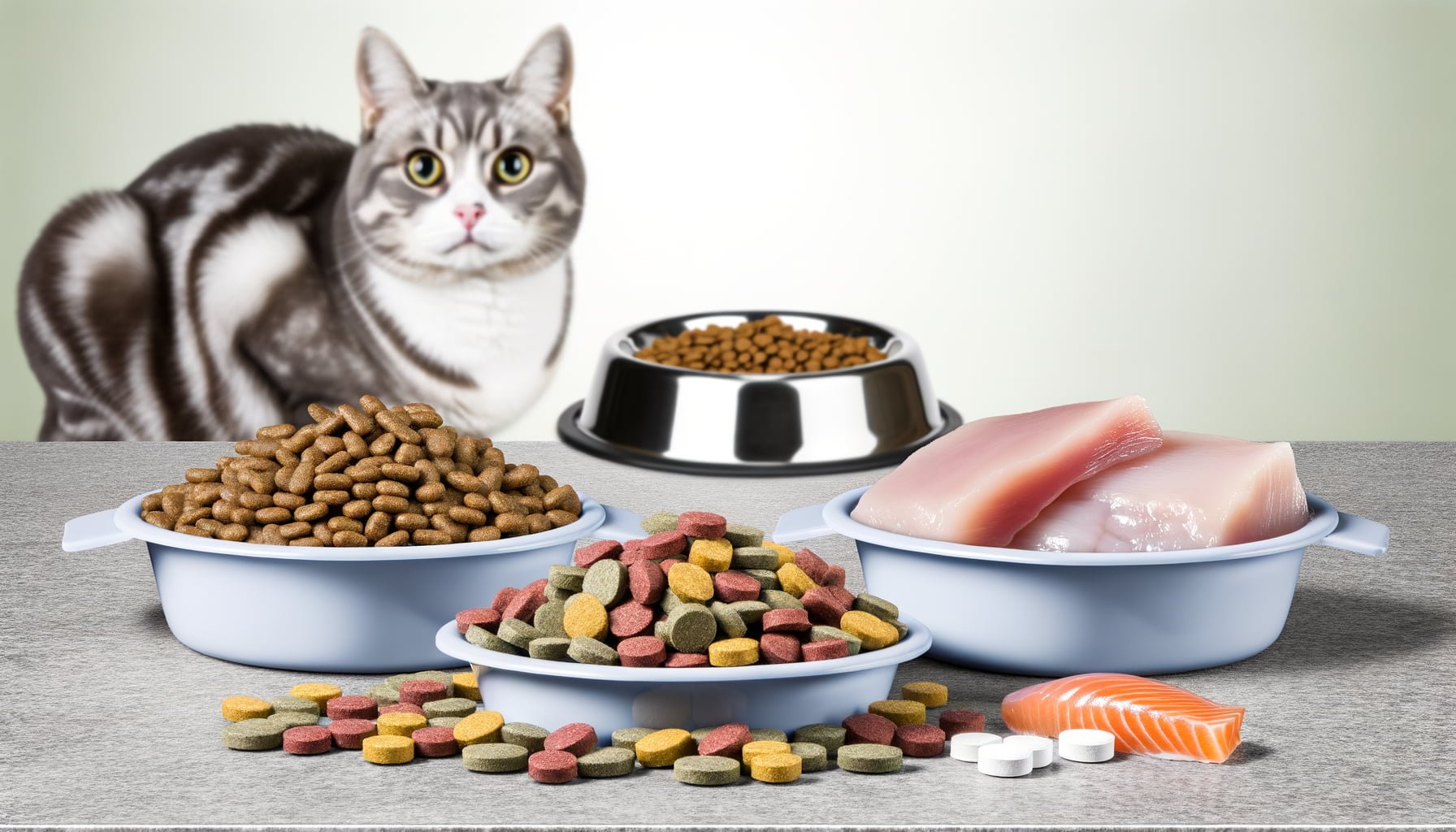
Cats, as obligate carnivores, require a diet rich in proteins. Unlike some other pets, cats cannot sustain on a vegetarian diet due to their high protein and specific dietary needs. Their digestion system is customized to deal with meat, providing them with all the necessary vitamins and amino acids that they require.
In their natural environment, cats primarily feed on small rodents and birds, which provide balanced nutrition. Their hunting activities equip them with sufficient hydration, eliminating the need for a separate water source. This illustrates the importance of moisture in their diet, something that should be considered when providing commercial cat food.
It’s also crucial to note that cats should have a low carbohydrate diet, including a minimum intake of foods from plants. Some plant ingredients may be harmless to cats, while others can potentially be dangerous, which brings us to the question of mustard consumption in cats. While the dietary needs of cats are met by high-quality commercial cat food, supplementing or altering this diet should be done cautiously and in consultation with a veterinarian.
Alternatives to Mustard in Cats’ Diet
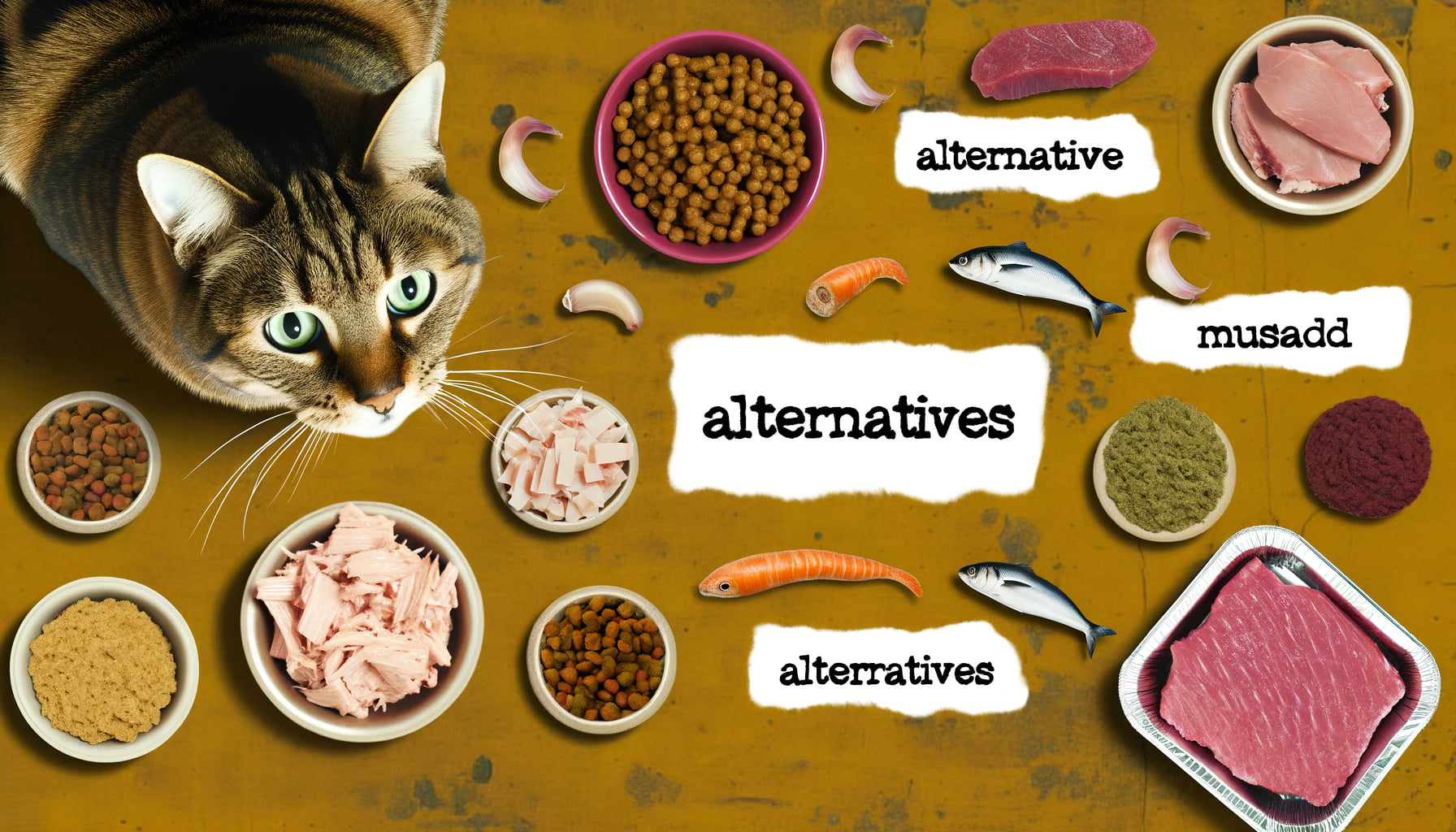
Exploring the world of pet nutrition, it’s crucial to remember cats are obligate carnivores, meaning their dietary preferences lean heavily towards meat, which caters to their necessary balance of nutrients. Seeming intriguing at first, the inclusion of mustard in a feline diet isn’t recommended by veterinarians due to health risks.
In place of mustard, many healthy and safe alternatives can be considered. Fish – rich in Omega-3 fatty acids and high-quality proteins – is highly recommended as it boosts skin and coat health while aiding their vision and heart health. However, fish should be given in moderation due to possible high levels of mercury.
Another beneficial alternative includes various cat-friendly vegetables like pumpkins, peas, or carrots. These alternatives can offer essential dietary fiber and antioxidants, aiding digestion. Still, these should constitute only a small portion of their diet. Always prioritize proteins for your feline friend and consult a vet about dietary changes to ensure your cat’s nutritional needs are met without bringing any harm.
The Impact of Mustard on Cats’ Health
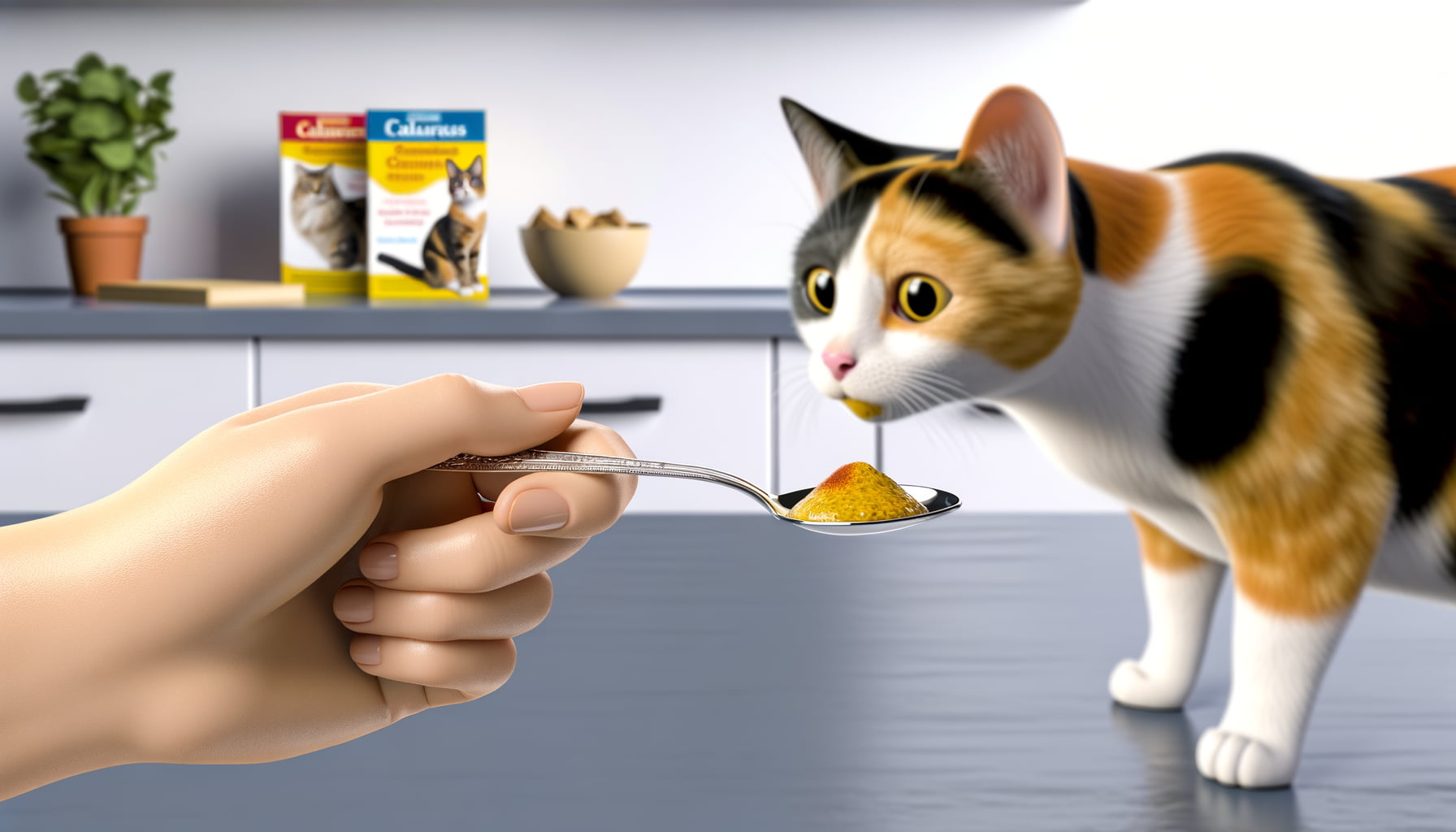
When analyzing the impact of mustard on cats’ health, we must first understand that mustard is not a natural part of a feline’s diet. Cats, as obligate carnivores, thrive primarily on meat and have limited ability to metabolize plant components. The spiciness of mustard, attributed to a compound called isothiocyanates, can cause unexpected digestive problems in cats.
Although occasional exposure to small amounts of mustard might not lead to immediate harm, consistent consumption over time can potentially pose serious health risks. As cats are smaller mammals compared to humans, their tolerance levels for substances differ greatly. Ingesting mustard could lead to symptoms ranging from mild discomfort to severe gastrointestinal distress in cats.
Across the board, it may be advisable to avoid including mustard in your cat’s meal plan, with or without their interest in it. Even though mustard isn’t classified as toxic to cats, its potential to trigger discomfort and digestive issues makes it a less desirable ingredient for your feline friend’s diet.
Conclusion
After careful examination of the information presented in this article, it is clear that cats should not consume mustard due to its potential harmful effects on their health. While some human foods may be safe for feline consumption, mustard is not one of them. It is important for pet owners to be aware of the risks associated with feeding their cats certain foods and to always consult with a veterinarian before introducing new items into their diet.
It is crucial to prioritize the well-being of our furry friends and avoid taking unnecessary risks when it comes to their nutrition. By being informed and making responsible choices, we can ensure that our beloved cats stay healthy and happy for years to come.
